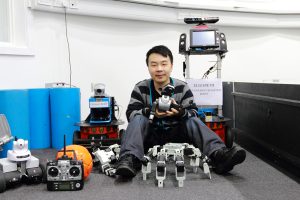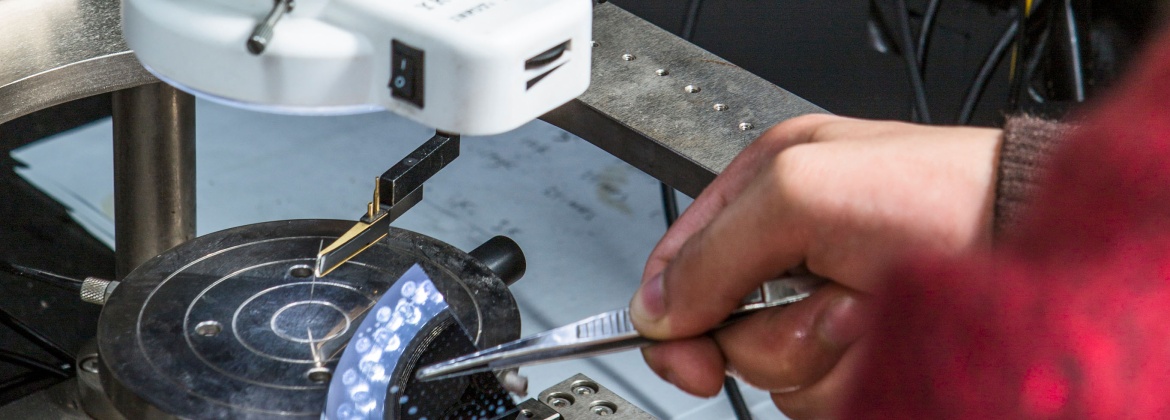Potential supervisors
School of Advanced Technology
Find out potential supervisors from Department of Communications and Networking.
Find out potential supervisors from Department of Computing.
Find out potential supervisors from Department of Electrical and Electronic Engineering.
Find out potential supervisors from Department of Intelligent Science.
Find out potential supervisors from Department of Mechatronics and Robotics.
XJTLU Entrepreneur College (Taicang)
Find out potential supervisors from School of Intelligent Manufacturing Ecosystem.
Find out potential supervisors from School of Internet of Things.
Find out potential supervisors from School of Robotics.
Find out potential supervisors from School of CHIPS.
Scholarships
The scholarship application is open only to those applying for a full-time doctoral programme.
1) Apply for a scholarship for a funded PhD project:
One option is to apply for an existing PhD project that has received funds from the University or external funding bodies. The research topic and supervisory team for these projects have already been established.
There is no specific application deadline for a project as it will remain open until the position is filled. The start date of a PhD programme is usually the first day of March, June, September, or December. You can visit the Postgraduate Research Scholarships Page for information about the specific PhD projects available or to contact potential supervisors to discuss funding opportunities.
2) Apply for PhD Merit-Based Scholarship:
This type of scholarship is intended to support candidates with outstanding research potential. Prospective applicants seeking consideration for a merit-based scholarship may indicate their interest when submitting their application to the university’s doctoral programmes.
The school and University’s Postgraduate Research Scholarship Panel will conduct a comprehensive evaluation based on the applicants’ academic excellence, research potential, research experience, and achievements, and will recommend the most qualified candidates for the award.
More details can be found on the ‘How to Apply‘ page of the website.








Overview
The Electrical and Electronic Engineering PhD degree programme develops your understanding of the research process and your ability to analyse and contribute to a particular research area. It provides you with experience in communicating research results in both written and oral forms and equips you with advanced knowledge and research skills relevant to both academia and industry.
Students enrolled in this programme are registered with XJTLU and the University of Liverpool as a doctoral student. You will carry out research on XJTLU premises under the guidance of a supervisory team. You will be appointed a designated primary (local) supervisor at XJTLU who is a full-time member of academic staff. In addition, you will have a designated secondary supervisor based at the University of Liverpool.
Pursuing a full-time PhD typically involves three years of conducting research and one year of writing a thesis, supported by subject-specific and generic skills training and development. A full-time PhD student must submit a thesis within four years. A part-time PhD student must submit it in six years.
This programme leads to a University of Liverpool degree which is recognized by Ministry of Education, China.
Why should I do my PhD in Electrical and Electronic Engineering at XJTLU?
Research areas
Research areas include the following: